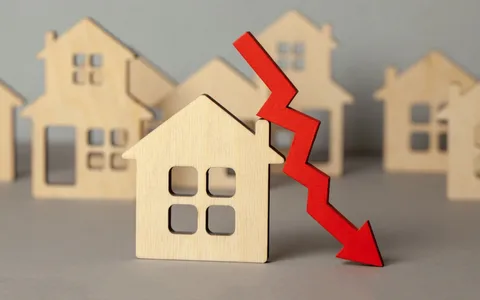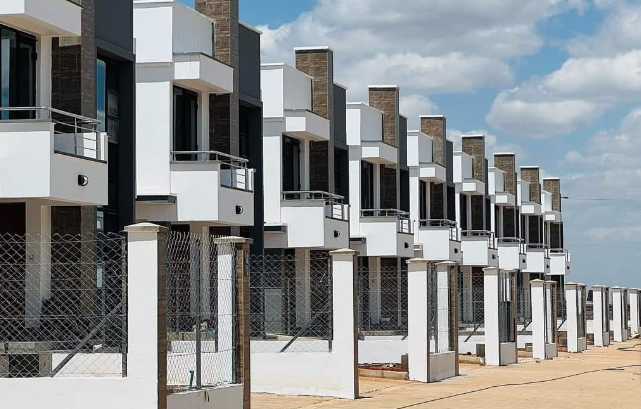Kenya’s Real Estate sector is a thriving industry with the Kenya National Bureau of Statistics indicating that the sector contributed 10.8% to GDP in Q3 2024, increasing slightly from 10.5% in Q3 2023, with a 6.0% growth in activity value from KES 265.8 billion to KES 281.6 billion, reflecting how the sector’s contribution has remained robust, driven by high urban demand and government housing initiatives like the affordable housing program. Yet, it’s also a playground for fraudsters. Kenyans lose billions yearly to these scams, especially in Nairobi Metropolitan, where soaring property prices and desperation for affordable homes create a perfect storm. In areas like Ruiru, Rongai and Syokimau where land prices are consistently increasing, drawing scammers to prey on hopeful buyers like this family, who saw advertisement for three-bedroom houses as low as KES 4.0 million and thought they’d found a deal.
The Syokimau case a where a Real Estate company director was charged with defrauding a client of KES 6.4 million in a house construction scam involving the Oakside Phase 2 project, highlights a common tactic where fraudulent developers exploit trust with contractual agreements, only to vanish or delay projects indefinitely. The accused, released on a KES 1.0 million bond, faces charges of obtaining money under false pretenses, with the authorities noting multiple complaints against the same company, signaling a broader pattern and a deeper rot.
Economic pressures exacerbate vulnerability. According to KNBS, Kenya’s GDP growth decelerated to 4.0% in Q3 2024, the slowest in nearly four years, down from 4.6% in Q2’2024 and 6.0% in Q3’2023. This slowdown, reported in early 2025, was driven by reduced output across all key sectors, exacerbated by anti-government protests in mid last year this implies strained household finances that push Kenyans toward risky-good deals without thinking twice.
To avoid such traps, experts urge buyers to verify land titles through the Ministry of Lands, engage reputable lawyers, and avoid deals that seem too good to be true. As Kenya’s population density rises (82 people per square kilometer) as per the 2019 census, urbanization rate at 4.3% will accelerate, and demand for housing which at stands 200,000 units per year, will intensify, making vigilance critical.
In the meantime, we hope that the government’s affordable housing initiative, aiming for 500,000 homes, will stabilize the real estate market. Unfortunately, its slow progress leaves room for fraudsters.
The Syokimau fraud comes as a stark reminder that in a booming yet volatile real estate market, thorough research and skepticism are non-negotiables. Kenyans must therefore prioritize transparency and accountability to safeguard their investments. Government must also fast track their affordable housing program to deliver the promise of solving the housing crisis in Kenya














